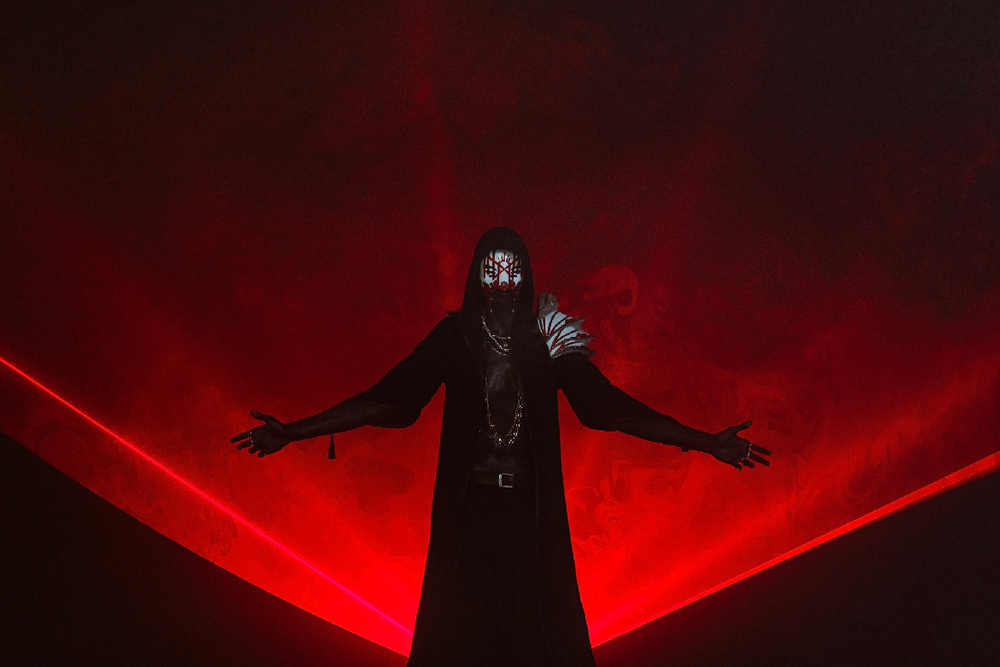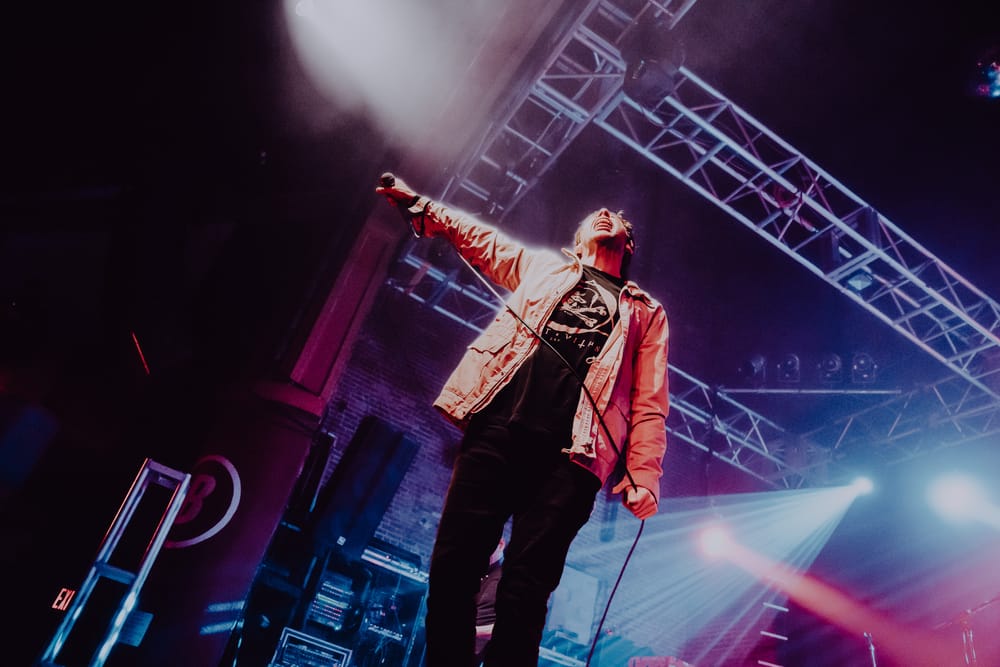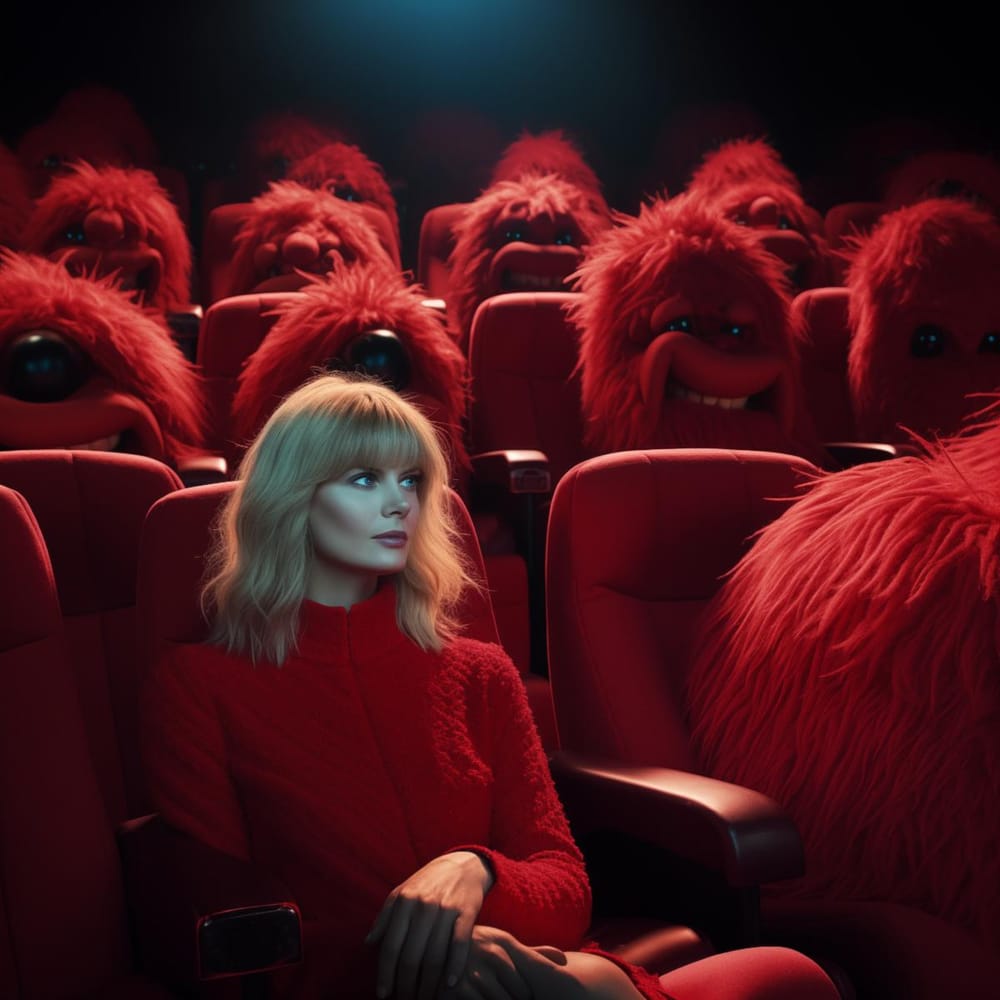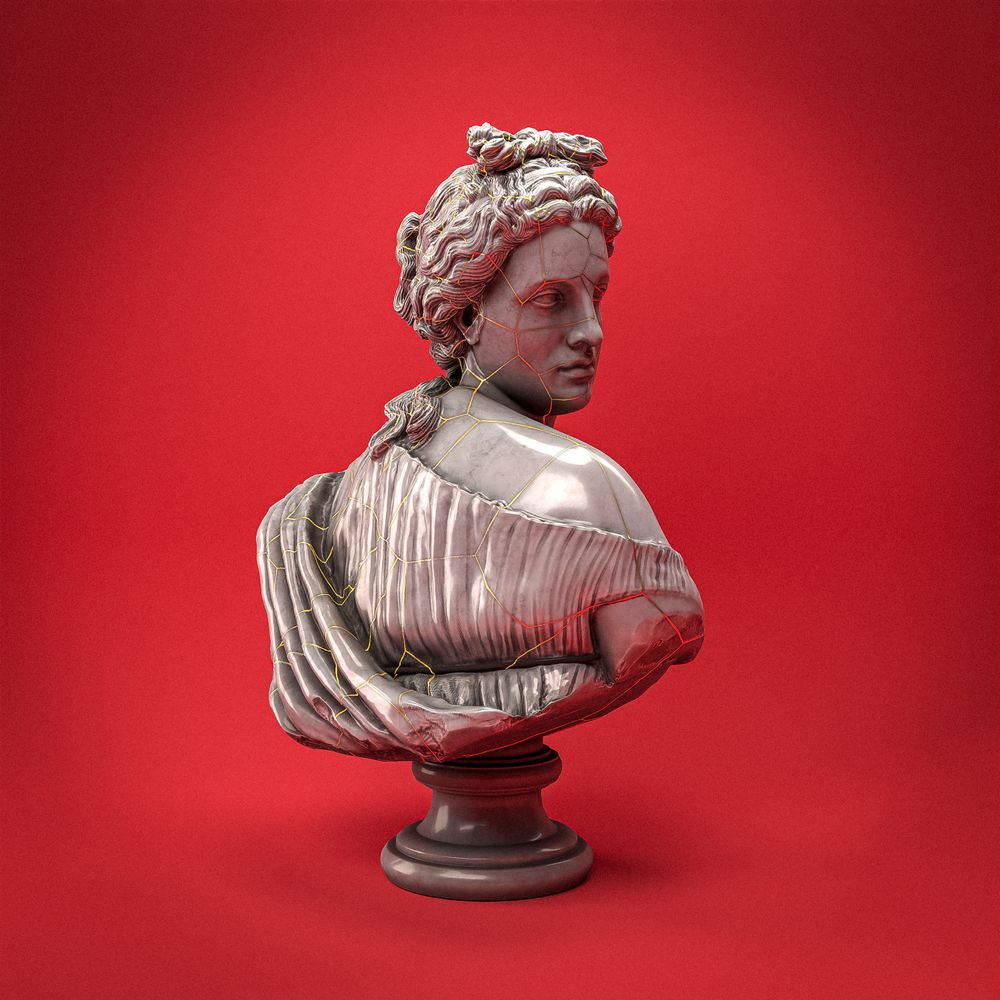This information may come as a surprise to many readers. However, this vital piece of wisdom is necessary to write this article. Your favorite artists, yes even those, are not gods, they are human. Humans have a right to privacy and to be treated with decency. However, metal upstarts Sleep Token have had their birth certificates and identities leaked by some rabid “fans.” I would like to take this opportunity to get to the bottom of the weird parasocial relationship between fans and heartthrob artists.
There is much debate about the validity of fandoms and how healthy they can be. There are fandoms of many different sizes, genres, and artists. From Star Wars and Taylor Swift to Bad Omens. To be clear, I do not believe there is anything wrong with falling in love with a band’s music and becoming a super fan. However, this is part of the pipeline that does lead to parasocial relationships between fandom and artists.
The first hurdle to cross is to diagnose why fans believe they are owed the identities of their favorite band. A major part of Sleep Token’s appeal and brand is the idea that it is not about ST’s members, it is about what they can create. Does that stop fans from sexualizing and fetishizing Vessel & Co.? Not necessarily. Regardless, of whether you are an accountant or the vocalist of an international touring band, a birth certificate is an incredibly sensitive and private piece of information. Did these fans believe that their anonymity was a game to figure out with some reward at the end? That is the only conclusion I can find. Honestly, most ST fans in my life are not even interested in knowing the identities of the members, so it mainly comes down to being a vile act of violating the members’ privacy.
This is where parasocial relationships start to occur. Many listeners begin to feel a personal, intimate, connection with their favorite artists via how their songs speak to them. Social media has made it easier than ever to interact with your favorite artists and to peek into their personal lives. So many people begin to believe they know their favorite artist–that they may even be friends with them. Then, with fandoms, the behavior of repeatedly seeking out the attention of these artists via social media becomes normalized. Then after a certain point, fans compete to be the biggest fan via knowing more about the artist than others, being interacted with more than others, having more merch, etc.
It is great to find a community with those who have similar interests. However, if an artist is where you base your social community, it is easy to see how that can take over your life and become obsessive. Fans may begin to place their favorite artist on a pedestal. Their favorite artist is the most perfect being. They can do no wrong. However, if the fans feel betrayed by the artist–due to the artist being human–then they can grow to become extremely vicious toward the artist.
Possibly one of the best examples is the interviews Bad Omens frontman Noah Sebastian has given about how uncomfortable his fanbase has started to make him. Yes, he does owe his success to the “Bad Omens Cult,” yet I think most would agree that coming across shrines with his baby pictures on Instagram and Twitter would be highly unsettling. Being groped by fans during performances would be disturbing. Being told disgusting things and being sexualized during meet-and-greets would feel quite objectifying. Fandoms can bring a community together to do good in this world, but we must also discuss how having a large group of people obsessed with a singular artist can lead to some uncomfortable actions and the fetishization of human people.
Another highly disturbing example of parasocial relationships with artists or celebrities has to do with the relationship between Taylor Swift and Travis Kelce. To start, there is an entire subreddit, with tens of thousands of members, purely to speculate and comment on the relationship between Taylor and Travis. There are viral tweets that speculate on whether Travis and Taylor are compatible (as if it is any of their business?), or using clips of Travis being angry during a violent sport to paint him as abusive. Not to mention publications that shall not be named accusing Taylor Swift of queer baiting and entering a relationship with Travis Kelce to prove her sexuality.
On the psychological side of this argument is the vicarious nature of fandom. The idea of your favorite band is like your favorite sports team. When they do well, you feel like it is your accomplishment as well for supporting them. However, if an NFL fan harasses their favorite player for dropping a touchdown on Twitter, that would also be highly inappropriate. Social media has brought people closer to their favorite personalities than ever, yet it gives this false impression that we know them because of their online personas.
The main point of this article is to discuss the dangers of going too deep down the fandom rabbit hole, and how this may affect the artists involved. It is okay to love your favorite artist. However, you must recognize that they are human. They deserve privacy and basic decency. Yes, they will likely screw up in the public light as well, and it is also okay for others to call them out. Most of all, please touch grass and do not live your entire life on social media. There are real people out there that you can interact with in person.



